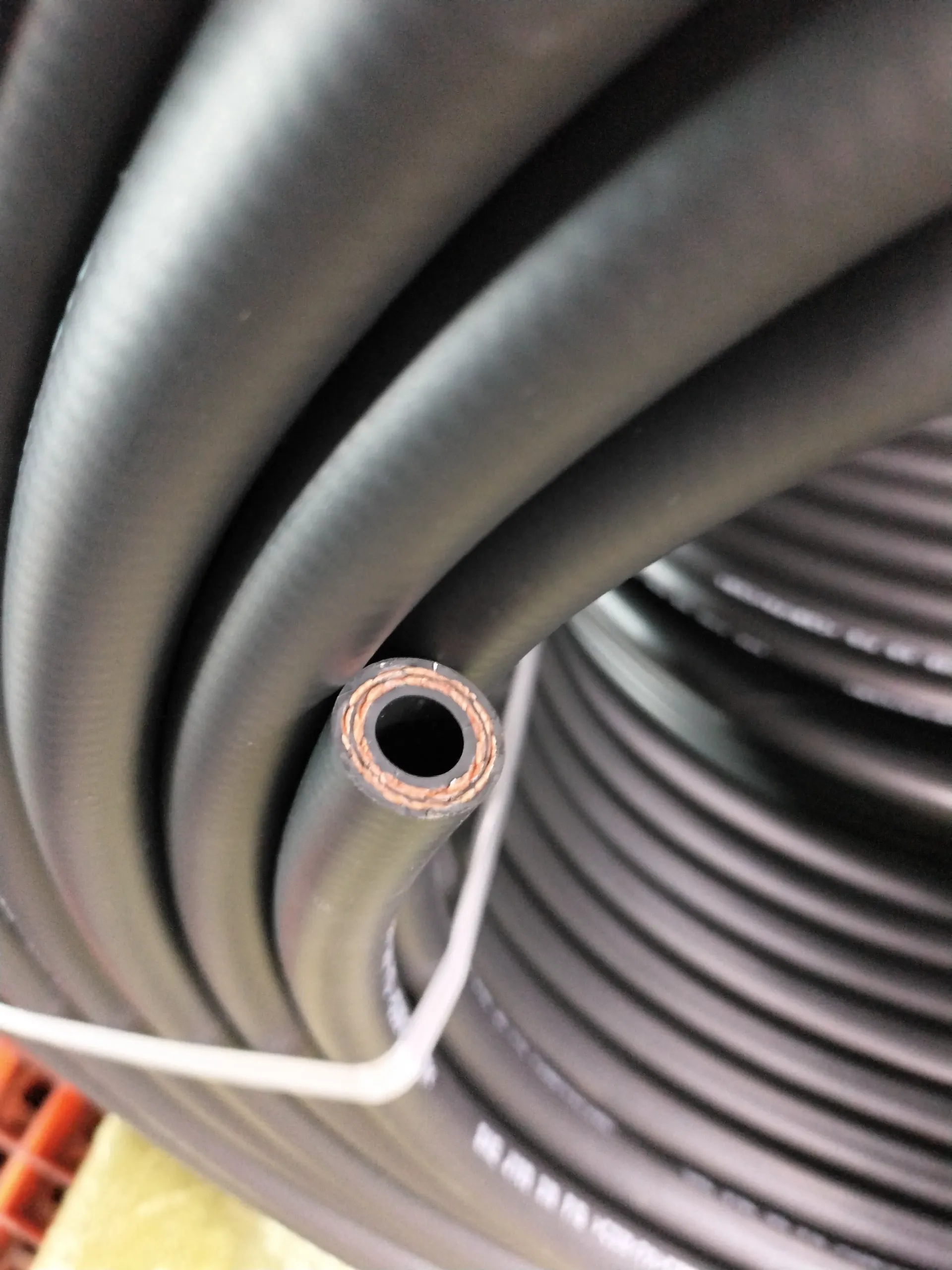petrol pipe
Dec . 21, 2024 23:25 Back to list
petrol pipe
Understanding Petrol Pipes Importance, Types, and Safety Measures
Petrol pipes, also known as fuel lines or fuel hoses, are crucial components in various vehicles, machinery, and equipment that utilize petroleum-based fuels. They serve the primary purpose of transporting petrol, diesel, and other hydrocarbons from the fuel tank to the engine, ensuring optimal performance and efficiency. This article delves into the significance of petrol pipes, the different types available, and essential safety measures associated with their use.
The Importance of Petrol Pipes
Fuel delivery systems in vehicles are complex, consisting of various parts that work seamlessly to ensure that engines receive the right type and amount of fuel. Petrol pipes are at the heart of this system. They are designed to withstand high-pressure conditions and transport flammable liquids, making their durability and reliability vital for overall vehicle safety.
If a petrol pipe fails, it can lead to fuel leakage, which poses severe risks, including fire hazards, environmental pollution, and engine performance issues. Regular inspection and maintenance of these pipes are crucial to prevent deterioration and potential accidents.
Types of Petrol Pipes
Petrol pipes come in various types, each tailored for specific applications and fuel types. Here are some of the most common types
1. Rubber Fuel Hoses Traditionally, rubber hoses have been widely used for fuel lines due to their flexibility and ease of installation. However, they may degrade over time due to exposure to heat, chemicals, and ozone. It's essential to choose high-quality rubber compounds that provide resistance against petroleum products.
2. Plastic Fuel Lines Many modern vehicles utilize durable plastic fuel lines. These pipes are lightweight, resist corrosion, and are typically less costly than rubber alternatives. However, their susceptibility to extreme temperatures necessitates careful consideration during installation.
3. Steel Fuel Lines For high-performance vehicles and specific applications, steel fuel lines are preferred due to their strength and durability. They can handle higher pressures and temperatures but are less flexible than rubber or plastic hoses. Proper installation is crucial to avoid leaks at joints.
petrol pipe

4. Braided Fuel Lines A combination of rubber and a braided exterior, these fuel lines provide excellent flexibility and durability. The braided design offers enhanced protection against abrasion and pressure while maintaining the flexibility of rubber.
5. Ethanol-Resistant Fuel Lines With the increasing popularity of biofuels and ethanol-blended fuels, some vehicles require specialized fuel lines that can resist the corrosive effects of alcohol-based fuels. These pipes are designed to maintain structural integrity, preventing potential leaks and failures.
Safety Measures
Given the flammable nature of petrol, safety surrounding petrol pipes cannot be overstated
. Here are some essential safety measures to consider- Regular Inspections Check the petrol pipes for any visible signs of wear, cracks, or leaks periodically. Early detection of issues can prevent more serious problems down the line.
- Proper Installation When installing or replacing petrol pipes, ensure that they are fitted correctly to avoid any risk of leaks. Follow the manufacturer’s specifications and guidelines for the best results.
- Temperature and Pressure Ratings Always use petrol pipes that meet the required temperature and pressure ratings for your vehicle or equipment. This ensures that the pipes can handle the operational demands without breaching or bursting.
- Avoid Sharp Bends When routing petrol pipes, avoid sharp bends or kinks, which can cause stress and lead to failure. Instead, use smooth curves wherever possible to maintain the integrity of the fuel flow.
- Use Fuel Additives Wisely Be cautious with the fuel additives used in your vehicle, as some may affect the integrity of the petrol pipes. Always refer to compatibility guidelines to ensure that the added chemicals won't lead to degradation.
In conclusion, petrol pipes are a vital part of any fuel delivery system, and understanding their types, importance, and safety measures plays a crucial role in maintaining vehicle performance and safety. By prioritizing regular inspections and employing appropriate materials and installation techniques, vehicle owners can significantly reduce the risks associated with fuel transport, ensuring both efficiency and safety in their journeys.
